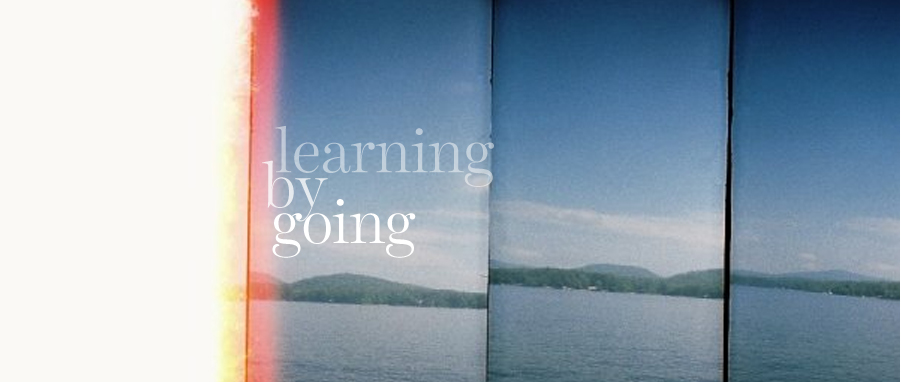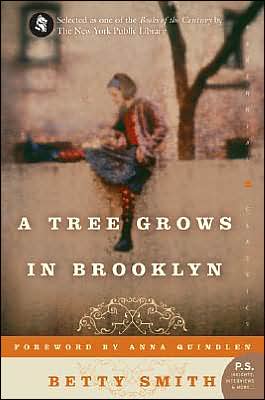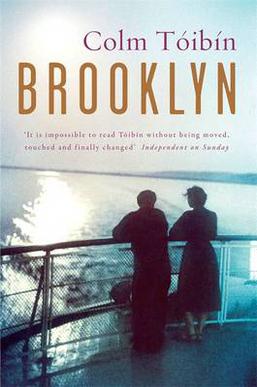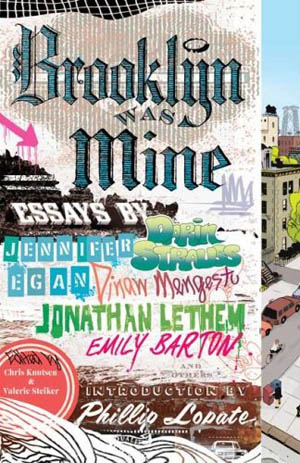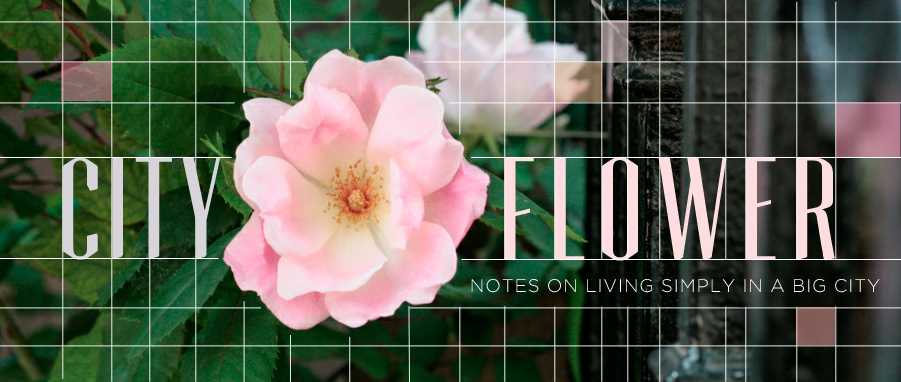Those of you who know me even a little know that I am, shall we say, interested in my hair. Invested in it, even. (Obsessed with it? Perhaps.) Today, folks, you will get to know the amazing woman who's been nurturing that investment for me for the past seven years, my incredible stylist Holly Ivey.
Holly is pretty much the coolest chick I know, and she's a spectacular businesswoman, to boot. After working for years as a stylist as other people's salons, Holly broke out on her own a few years ago, and is now the owner of her very own business, Holly Ivey Hair Design.
In addition to being a wizard with the scissors, Holly is an artist, and, more to the point for our purposes here today, a talented home cook. She's been making me drool with pictures of her food on Facebook for ages now, and so I've asked her to share her thoughts about cooking, gender and life in general with us today. Enjoy!
Tell us a bit about your day job.
I make people feel better about themselves with aesthetic maintenance of the length and color of the hair. (I'm a hairstylist!)
How did you learn to cook?
I learned out of sheer necessity. The "great recession" entirely changed our "situation"and it became mandatory to start eating at home 95% of the time. Problem was, we were spoiled by all the great food we ate at all the fabulous NYC eateries we frequented. I'm almost completely self taught, and learned from a combination of my personal bible A New Way To Cook (by Sally Schneider) and the bits and pieces I picked up in my 10 years of working in food service. Religious devotion to recipes eventually led to improvisation. And now, I wing it a lot for quick weeknight dinners.
Do you prefer to cook alone, or with friends or family?
ALONE! I don't mind a sous chef helping me chop and cleaning up behind me as I go. But I'm a basket case if I'm distracted.
What’s your favorite thing to make?
Hen of the woods (or maitake) mushrooms. Alone with some arugula, tomatoes, and Parmesan for a quick, satisfying meal, on a burger, in a pasta with a touch of cream, thyme and sherry, tossed with Brussels sprouts and Dijon then roasted . . . they're easy luxury with tons of flavor.
If you had to choose one cuisine to eat for the rest of your life, which would it be?
Italian. Very simply, without hesitation. Italian.
What recipe, cuisine or technique scares the crap out of you?
Deep frying is intimidating. It makes such a mess and I don't know what to do with all that oil. I do not bake. Baking is on par with brain surgery to me. Anything that requires standing over a pot and stirring endlessly is not appealing either.
How do you think your relationships with your family have affected your relationship to food and cooking?
Cooking is not something my mother had time for when we were younger, so when I entered the real world my abilities and taste buds were limited to plain and bland. Because I didn't spend time in the kitchen, I didn't appreciate how much work and care went into a good meal and how fleeting the moment of payoff is. A few years ago, toward the end of my grandfather's life, he was subsisting on Meals on Wheels and quick deli meat sandwiches he could make for himself. The one gift I could give an elderly man who had everything he needed was fresh, homemade, flavorful meals. Filet mignon au poivre. A homemade bolognese with fresh ravioli. In-season asparagus right off the grill. Then we sat down together and ate and talked . . . being able to cook gave me those moments.
Even today, home cooking is strongly associated with women’s traditional place in the family and society. How do you reconcile your own love of the kitchen with your outlook on gender roles?
It is, in many ways, considered women's work by a lot of people. But I NEVER think about it that way. My years in the restaurant business showed me almost exclusively men in the kitchen. A few of my friends' husbands do the majority of the family cooking. When I watch the Food Network men and women are completely equal. I do the cooking because I'm the one who's home. But when I have a day that I just CAN'T do it, my husband does without hesitation.
Tell us a bit about the recipe you’re sharing. When did you first make it, and why? What do you love about it?
I first had the inspiration for this recipe at a bar/music venue on the Lower East Side called Pianos. It's a flavor sensation.
Red Wine Burgers with Bacon & Mushrooms
You can make your own hamburger patties, but for convenience, Holly uses Pat LaFrieda's pre-made patties. They're available via FreshDirect, and are often on sale!
2 hamburger patties
2 tsp. garlic powder
2 tsp. onion powder
1/2 bottle (good) dry red wine
Kosher salt and cracked black pepper, to taste
2 bundles maitake mushrooms, roughly chopped
1 tbs. thyme, minced
4 slices bacon
2 hamburger bun bottoms (or English muffin halves, or slices of bread)
Dijon mustard, to taste (Meg likes Maille)
Prep work
Before you leave for work in the morning, remove the patties from the freezer. Place in a shallow, rimmed dish. Sprinkle with the garlic and onion powder, then submerge in the red wine. Cover with plastic wrap and leave to thaw and marinate.
When you are ready to cook dinner
Remove the patties from the marinade; they should have a purple, marbled look to them. Pat dry with a paper towel, then season with salt and lots of black pepper.
Heat a cast-iron skillet over medium high heat. Add the bacon and cook, turning occasionally, until most of the fat has rendered out, and the bacon is crisp. Remove the bacon to a plate covered in paper towels, and set aside. Discard all but 1 to 2 tablespoons of fat from the skillet and return to medium heat. Add the mushrooms, thyme and a bit more salt, and let cook down for about 7-10 minutes. Set aside.
Return the skillet to medium-high heat and cook the burgers for 2-3 minutes per side. Allow to rest on a plate for 2 minutes before serving.
While the mushrooms and burgers cook, go ahead and toast the bottom slice of bun, bread or muffin for your burgers. Apply mustard to the toasted bread, then add two bacon slices to each, then the burger, followed by half the mushrooms. (A slice of tomato doesn't hurt, either. You can also add avocado, Gruyere, caramelized onions...)
Serve open-faced, alongside a spinach salad or freshly roasted corn on the cob.
Serves two.




